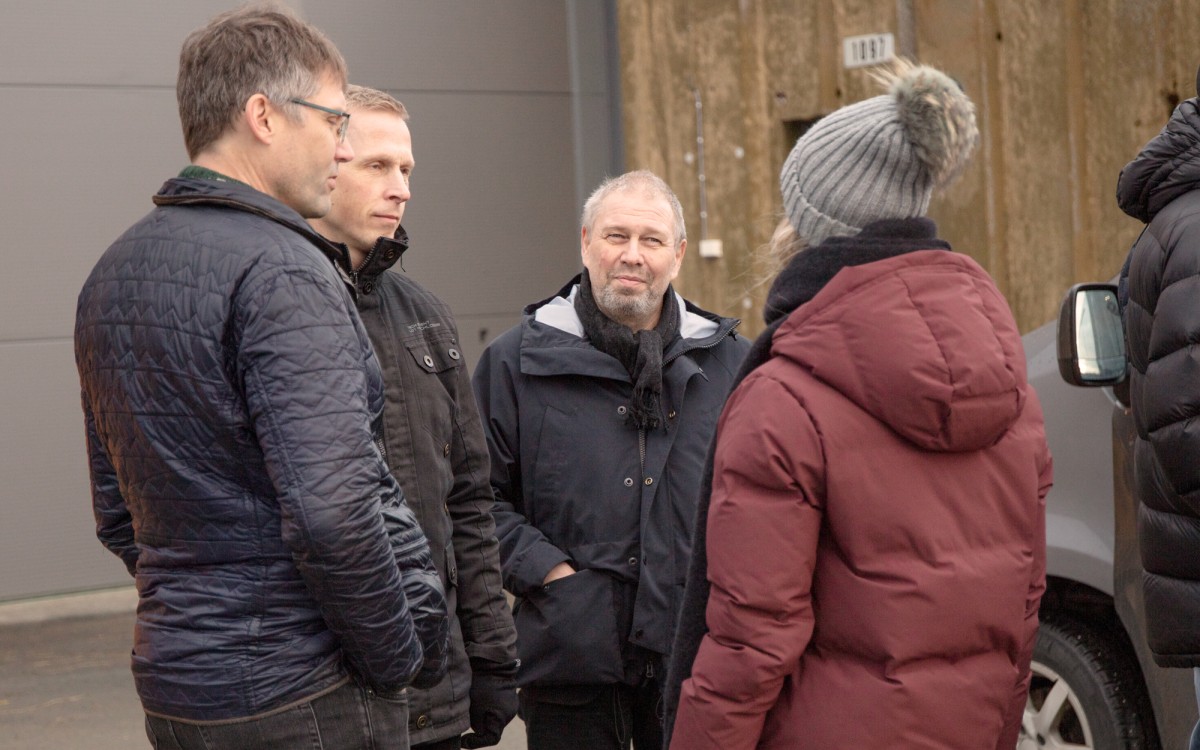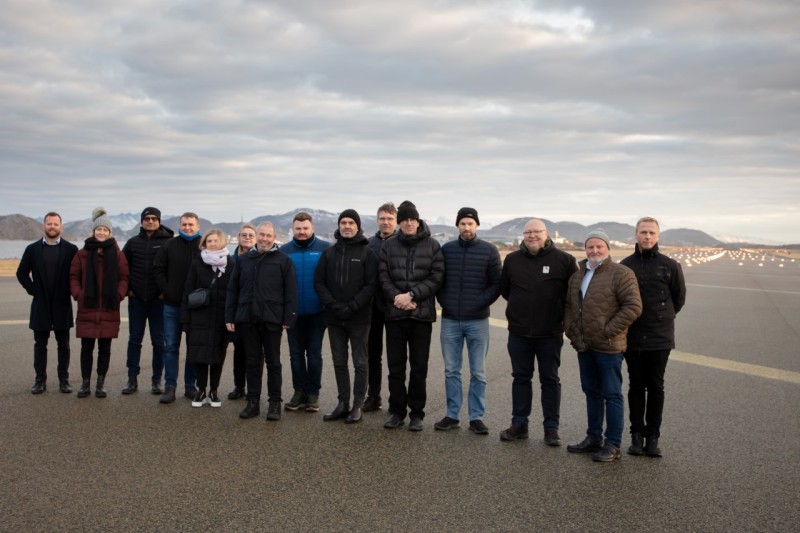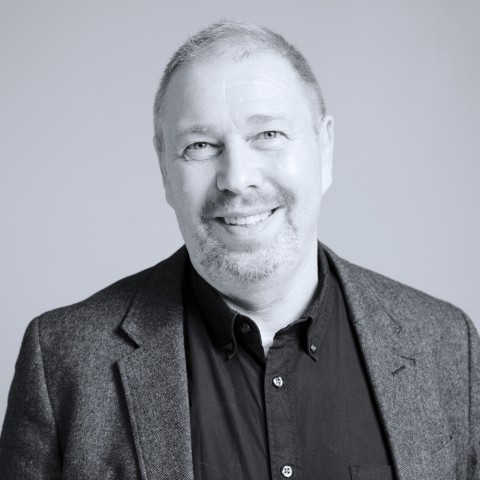New project for zero-emission buildings

HYBES will develop new methods to make buildings more energy efficient and environmentally friendly. The project partnership comprises institutions from Norway, Sweden, the Faroe Islands, Iceland and Ireland.
The infrastructure we have now will not withstand future energy needs. With more pressure for the cities to be zero-emission ecosystems, we need local solutions that societies can quickly implement. But we still need more awareness and knowledge to implement changes immediately.
That is the background for the new European research project "Hybrid energy solutions for buildings and infrastructure" (HYBES in short) that started in February. The project is led by Nordland Research Institute from Norway. It will develop new methods to make buildings more energy efficient and environmentally friendly. The project partnership comprises institutions from Norway, Sweden, the Faroe Islands, Iceland and Ireland.
Except for Nordland Research Institute, the organisations taking part in the project are Cork County Council, University College Cork - the National University of Ireland and Secure and Fix It Enterprises T/A NCE Insulation from Ireland, City of Umeå and Umeå University from Sweden, National Energy Authority from Iceland, Environment Agency from the Faroe Islands and Bodø Municipality from Norway.

- In HYBES, we will develop energy solutions that contribute to buildings producing as much energy as they consume. This is to enable cities to reach their climate and energy targets, says project manager Bjarne Lindeløv, and continues:
- We need organised, flexible solutions, so the system does not break down. The project will investigate how to build up an infrastructure of renewable energy sources and storage that provides a stable system and focuses mainly on challenges in arctic areas, says Lindeløv.
There are several research projects on the matter, but HYBES wants to take it further. It is not enough to develop reasonable solutions if society does not adopt them. HYBES is dedicating an entire work package to raising the awareness of citizens, municipalities, energy producers and businesses.
- The transition must be anchored in those who will go through it, so raising awareness is vital to the project, emphasises Lindeløv.
HYBES also has a clear ambition to spread the knowledge from the project beyond the partnership.
- For Norway, this applies to all of Nordland county, all 41 municipalities. The same ambition applies to partners in other countries. We call it a capitalisation plan because society will benefit from the knowledge the project develops, says Lindeløv.
- We also aim to raise awareness among future generations and will develop educational modules for upper secondary school.
Testing solutions locally
Bodø municipality in Nordland will test energy solutions in municipal buildings. First, a school and a nursing home will be used as cases in the research project.
Bodø municipality has a digital twin of the city, a visual copy that helps visualise data. The technology will be used to measure and visualise the energy consumption of the buildings involved in the project. This can help us understand which solutions can be implemented to achieve the goal of a zero-emission neighbourhood.

